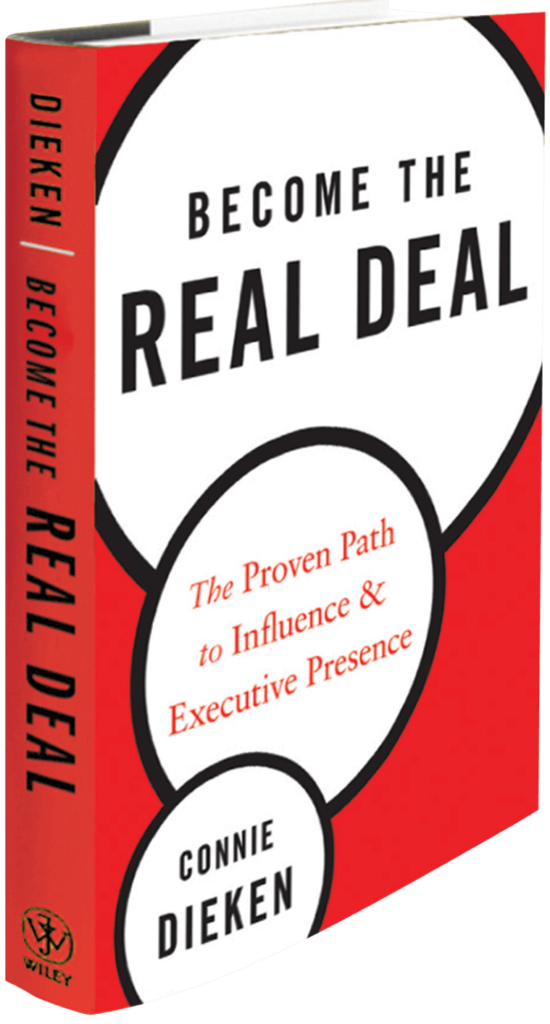Before we dive into executive presence, let’s start with the most famous human being on the planet.
As the tributes poured in following Muhammad Ali’s death, it became clear that the boxing ring didn’t define him. Not even Parkinson’s disease, which slowly robbed him of his speech and mobility, could contain him.
His death recalibrated the greater meaning of his life and reinforced the reason that the world grieved his loss. Ali was more than athletically gifted, famously poetic, and movie-star handsome. His greatness — and crossover appeal — lived at the intersection of humanity, athleticism, and activism. Even in death, his presence is felt everywhere.
Muhammad Ali was by far the most influential presence in sports.
How did he shake up the world and rise from reviled to revered? And what can you do to build your own executive presence?
Here are five lessons from Ali’s epic presence that you can use to maximize your own executive presence:
Executive Presence Tip #1: Draw your confidence from within.
Confidence is surprisingly simple. It’s merely the expectation of a positive outcome in a specific situation. Ali knew this. He used his bravado first to convince himself and then deployed verbal dexterity as a marketing tool to feed hungry sports reporters who do the heavy lifting of event promotion. In Ali’s own words, “It’s the repetition of affirmations that leads to belief. And once that belief becomes a deep conviction, things begin to happen.”
The lesson: Don’t trash talk yourself internally. Manage your inner narrative to cultivate your greatness.
Executive Presence Tip #2: Don’t just talk big — perform big.
If Ali had merely exercised his verbal dexterity, you wouldn’t be reading this. He reached greatness by backing up this razor-sharp wit and compelling words with equally big action. Like a great jazz master, he was an innovator. No one knew what was coming. The “Rope-a-Dope” strategy that he used to wear down George Foreman in the “Rumble in the Jungle” was a surprise strategy, even to his manager.
The lesson: The world is full of big talkers. If you want to cement your legacy as a true influencer, be a doer. If your words and actions don’t align, you lose.
Side note: Do you know why Ali was poetic? In a CBS interview years ago, Ali’s wife, Lonnie, revealed that he was dyslexic. “As a way of compensating, he would memorize everything, and that’s why he knows poetry so well.” In other words, he transformed a limitation into an advantage.
Executive Presence Tip #3: Go long — make courageous choices and live with the consequences.
Taking a stand against the Vietnam War and refusing to be drafted, Ali was arrested and stripped of his boxing license, title, and passport until the Supreme Court overturned his conviction nearly four years later. He sacrificed the prime years of his career by placing himself on a metaphorical island, outside of the mainstream, with his stance. He was vilified and branded a draft dodger, but he stood up for what he believed was right. He was a conscientious objector. He never hid and never wavered in the face of his toughest challenge. As former Attorney General Eric Holder said, “His biggest win came not in the ring, but in our courts in his fight for his beliefs.”
The lesson: Identify who you are, what you stand for, and what you stand against. Make those values visible as part of your leadership. We are all a complex combination of experiences that shape our values. The key is to simplify your complexity and live it boldly.
Executive Presence Tip #4: Unify your peers.
On June 4, 1967, in what became known as the “Ali Summit,” football legend Jim Brown assembled a meeting of America’s top black athletes including Muhammad Ali, Bill Russell, and Lew Alcindor (later known as Kareem Abdul-Jabbar). The intention of the Summit was to change the then-25-year-old Ali’s mind about serving in the military. Instead, Ali changed their minds. He convinced them that he was sincere. The group held a press conference after the meeting to throw their support behind Ali. A photo from that press conference began to turn the tide of public opinion toward Ali.
The lesson: You’ll know you’re truly influential when your peers trust your judgment, respect your opinions, and listen for your voice.
Executive Presence Tip #5: Use your own executive presence to elevate others.
According to his daughters, Ali made everyone he met feel they were important. He gave people his full attention and never looked down on those who looked up to him. He received an endless stream of mail until the day he died, most of it containing pictures awaiting autographs. His wife says he signed every single one, believing that each autograph was a good deed. The essence of his soul was to be a decent man.
The lesson: Your leadership will ultimately be measured by how you influence and change others’ lives. Reach down deep and bring something up in others. The best leaders usher others to greatness.
You don’t have to be a global icon to influence your world. And you don’t have to be perfect. Ali never pretended to be flawless. He had four wives, nine children and a couple of mistresses tossed into the mix. He freely acknowledged his missteps as well as his triumphs. Just as he gracefully accepted the debilitating illness that claimed nearly half of his life. Whether mouthy or muted, mobile or motionless, Muhammad Ali owned his presence.
And perhaps therein lies the biggest lesson of all: Own your presence and you’ll find your greatness.








